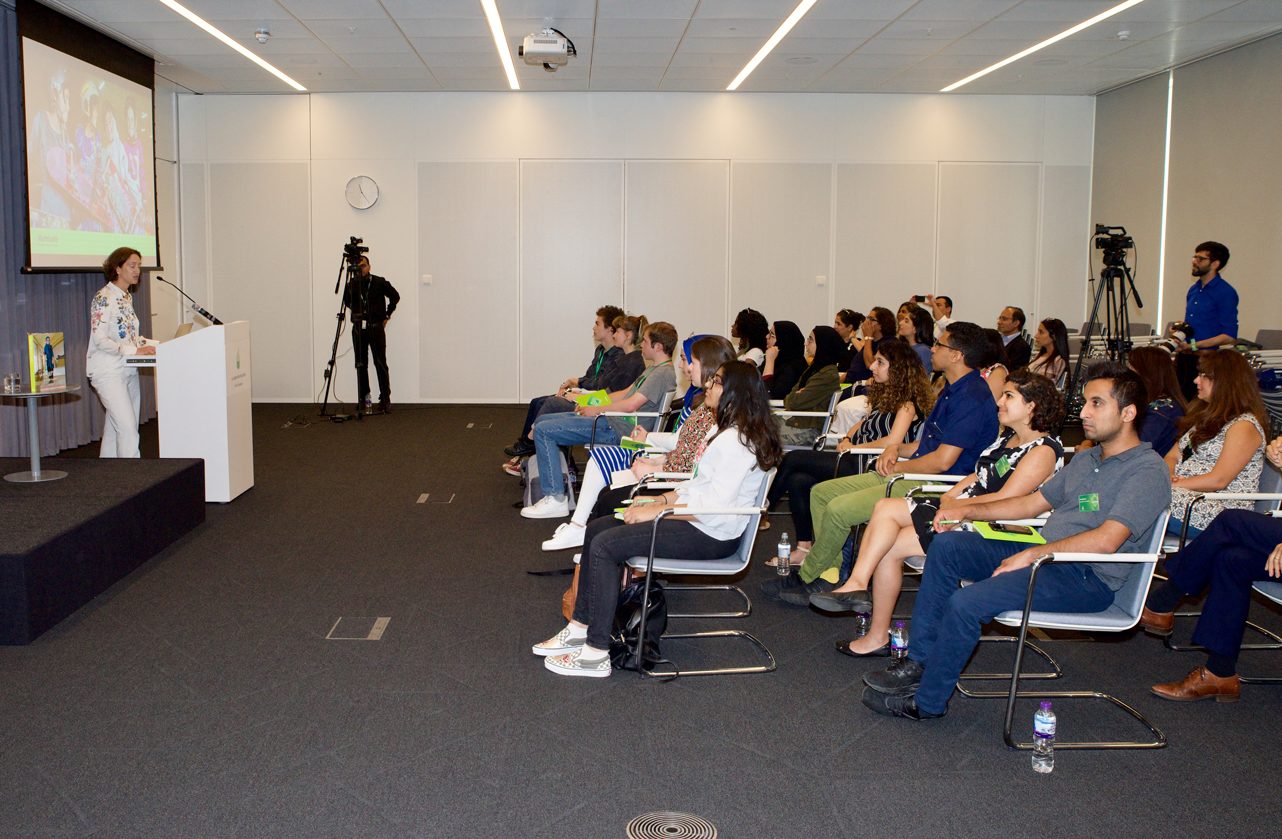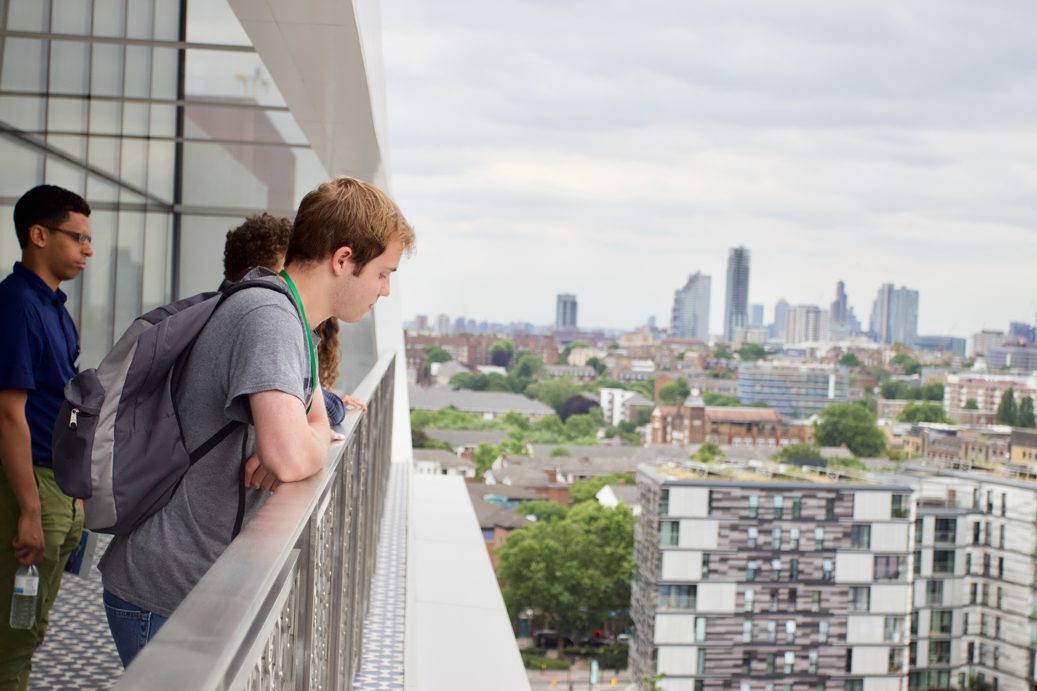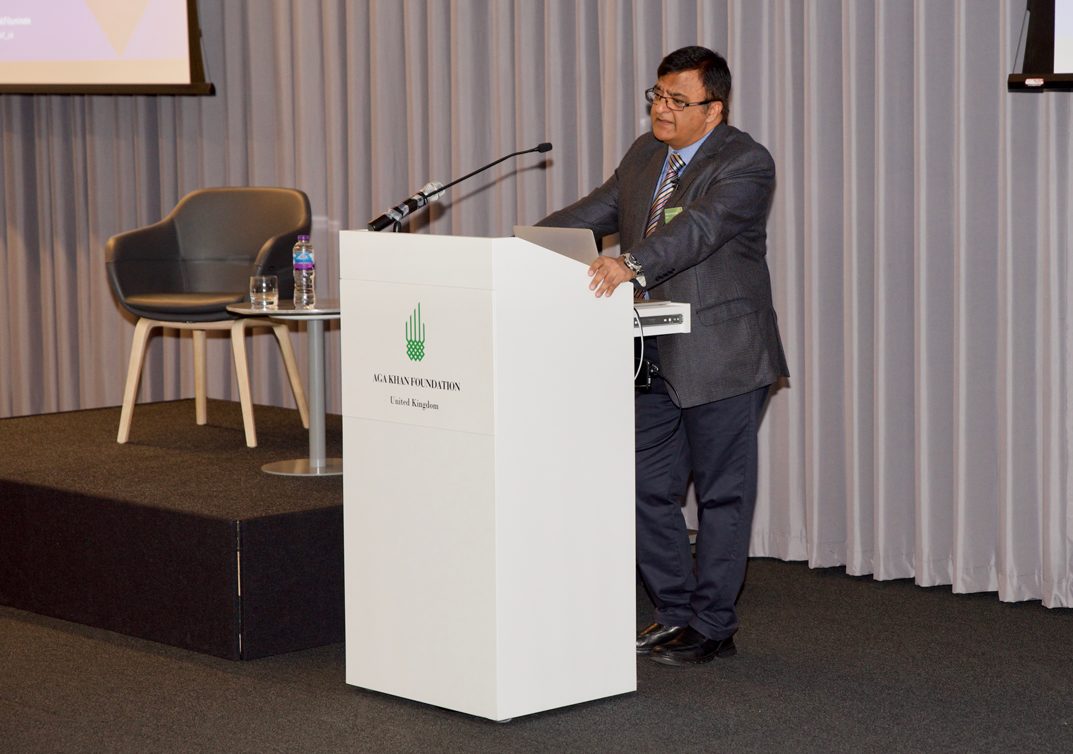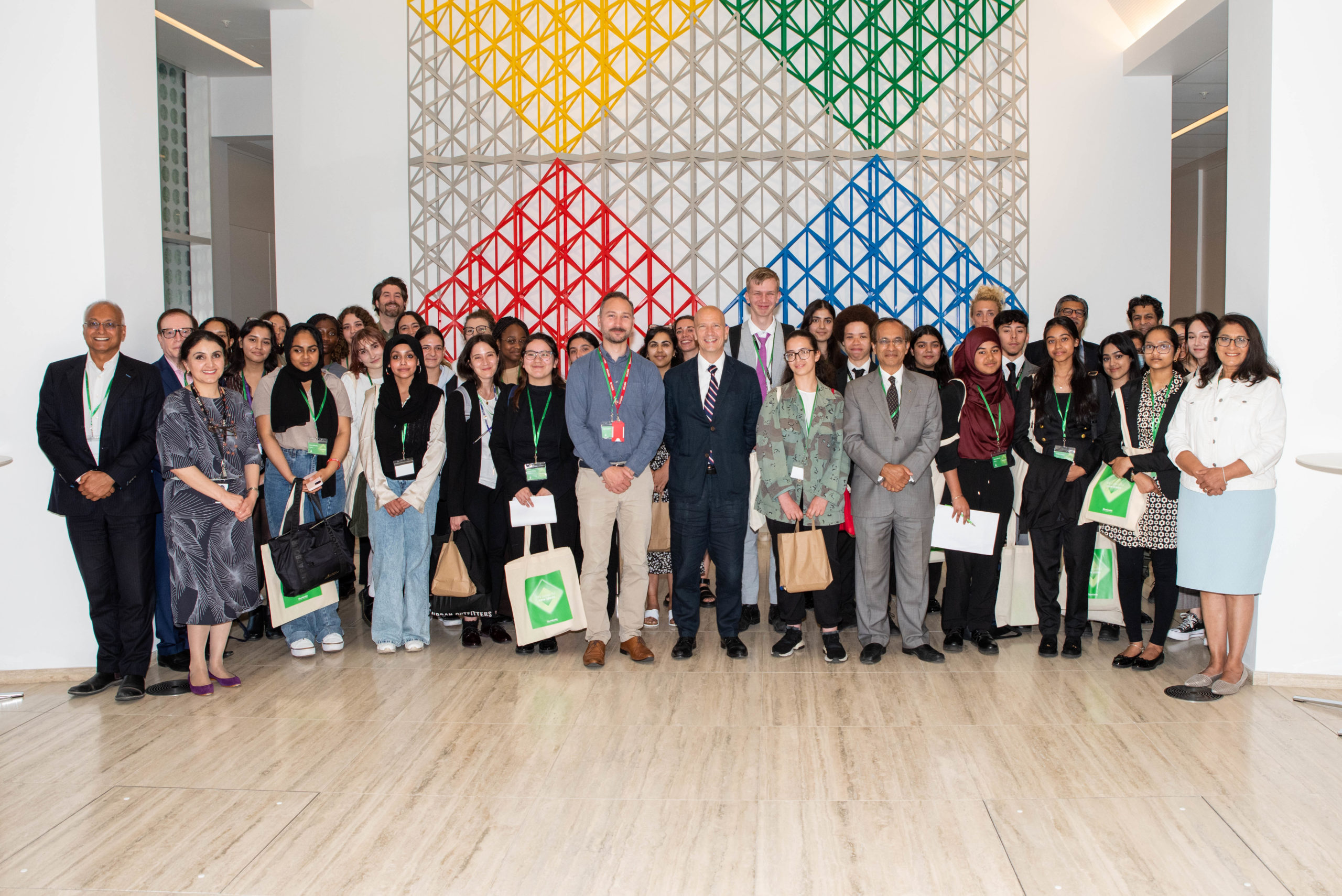On Saturday 6 July, the Aga Khan Centre hosted the inaugural illuminate event, an exciting new programme that offers aspiring students insight into transformational ideas that are shaping the developing world today.
The aim of illuminate was to broaden horizons, inspire a new generation of change-makers, and explore how students can contribute toward a better world, all whilst strengthening university applications.
illuminate saw students from across London attend inspiring lectures by two experts in their respective fields: Jessica Fulford-Dobson, famed for her prize-winning photo series, ‘Skate Girls of Kabul’, and Professor El-Nasir Lalani, Director at the Centre for Regenerative Medicine.

Some of the inspiration behind the event was to highlight the value of education to the three main institutes situated in the centre – namely, the Aga Khan Foundation, the Institute for Ismaili Studies and the Aga Khan University Institute for the Study of Muslim Civilisations. With education being a pivotal value to each of these organisations, and with the Aga Khan Foundation as the event host, it seemed apt that illuminate should focus on demonstrating to the students how the disciplines of the arts and sciences can impact development work.

The talks were a source of huge inspiration and information to all that attended. Fulford-Dobson highlighted to the students how her journey to Kabul to photograph young girls bucking conventional gender roles in their country had allowed her to play a part in shifting preconceptions of what it means to be female in Afghanistan. Of course, there is still much work to be done on this, and indeed some of these girls had suffered terribly for their choices, but their courage and determination encouraged Fulford-Dobson to share their remarkable story and in so doing show solidarity with them.

Professor Lalani’s talk was equally fascinating, as he discussed the latest advances in stem cell research, including the ability to grow mini ‘organoids’ (with miniature brains that can be used to power robots), and how regular skin cells can be ‘reverted’ to stem cells that can then either become an egg or a sperm cell, allowing essentially for a single individual to clone themselves as their own offspring. The students and Professor Lalani enjoyed discussing the complex social and ethical questions that such advances raise, and all were left in wonder of what the future might look like.
“We live in an extraordinary time…we won’t remember in 100 years Brexit or Trump. But you will remember what is happening in the world of science…these things will impact the whole evolution of mankind.”
Professor El-Nasir Lalani
Students were then tasked with a competition element, the winners of which will be announced at a prize-giving ceremony later this year. They were asked to write a short essay or create a video blog to answer questions on the relationship between development and the arts and sciences. We look forward to announcing the winners in due course.
Photo Credits:
Riaz Kassam / AKDN
Jamil Teja / AKDN




